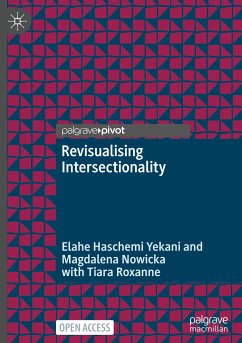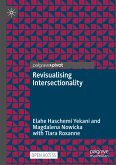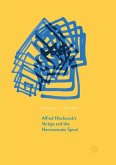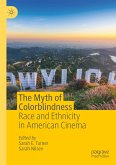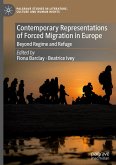Revisualising Intersectionality offers transdisciplinary interrogations of the supposed visual evidentiality of categories of human similarity and difference. This open-access book incorporates insights from social and cognitive science as well as psychology and philosophy to explain how we visually perceive physical differences and how cognition is fallible, processual, and dependent on who is looking in a specific context. Revisualising Intersectionality also puts into conversation visual culture studies and artistic research with approaches such as gender, queer, and trans studies as well as postcolonial and decolonial theory to complicate simplified notions of identity politics and cultural representation. The book proposes a revision of intersectionality research to challenge the predominance of categories of visible difference such as race and gender as analytical lenses.

